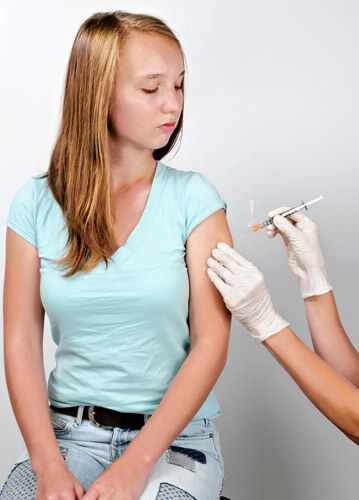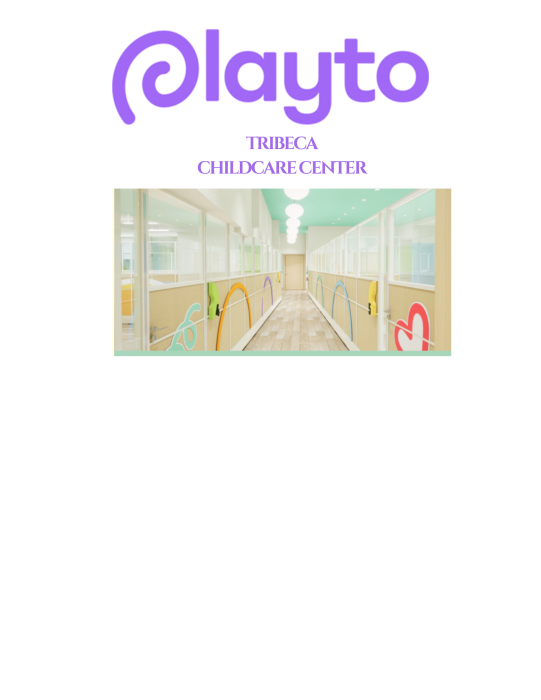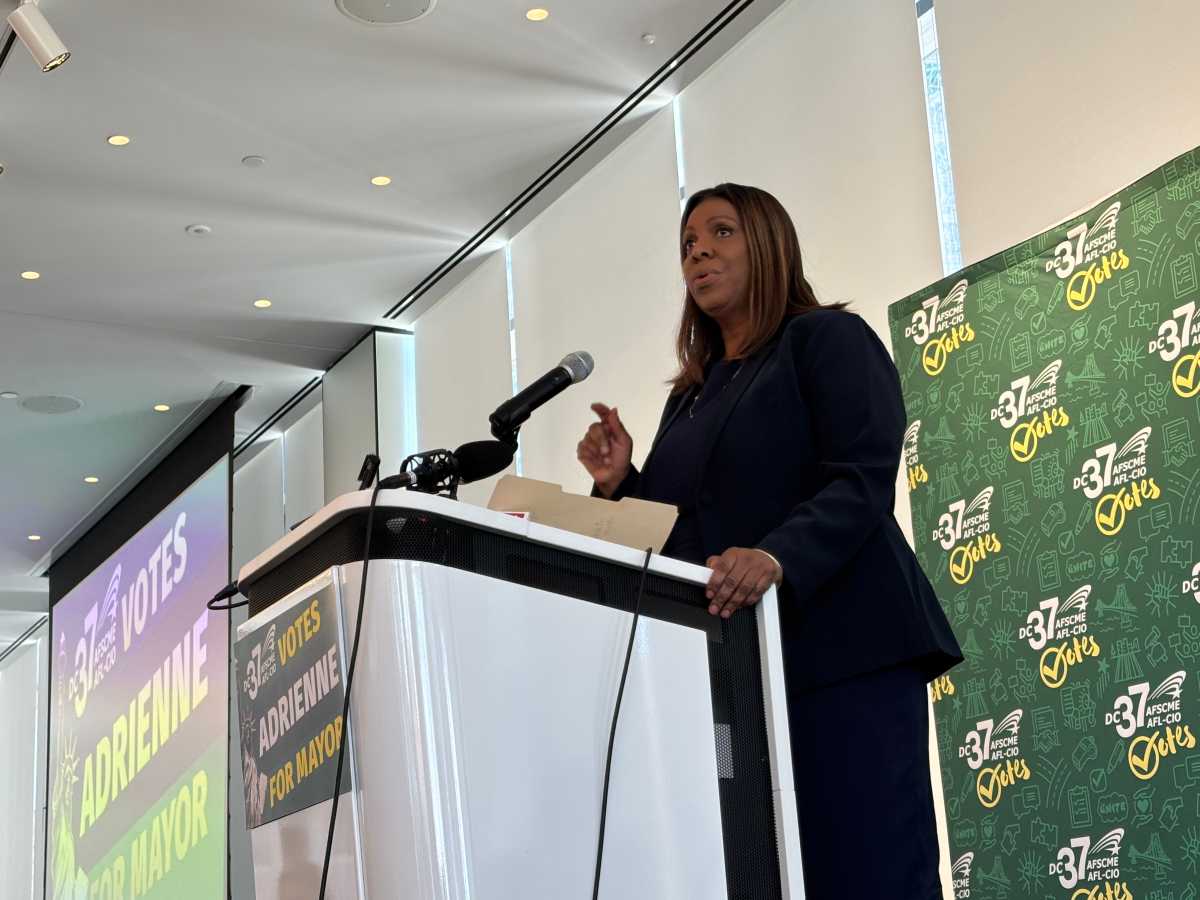April is Alcohol Awareness Month, combining a very serious condition with what is also a very sensitive subject. Many people don’t understand that regular and/or heavy drinking can lead to dependence on and abuse of alcohol. People often don’t notice the slow changes in their own behavior until they’re unable to control their desire to drink—which is the No. 1 signal of an addiction to alcohol. If you or someone close to you is in danger of abusing alcohol, seek treatment as soon as possible.
If you think there’s a problem, you may have to ask yourself—or a loved one—some difficult questions: Do you drink alone? Does your drinking affect your work schedule and relationships with family and close friends? Do you forget what happens while you’re drinking? Do you get headaches or a hangover after drinking?
If you need help cutting back on or stopping the drinking, don’t be ashamed—your health matters. Try taking the following steps:
·Track your drinking and set a limit for yourself
·Avoid places where drinking occurs
·Keep no alcohol or a limited supply of alcohol in your home
·And most importantly: Seek help!
Help can come from those close to you, your family and friends, or by seeking out community treatment centers through places of worship, doctors’ offices, or city centers. Recognizing that you or a loved one needs help and reaching out for it is the first important—and courageous—step toward recovery.
This health observance for April has been sponsored by The National Council on Alcoholism and Drug Dependence, Inc. (NCADD) since 1987. The NCADD works to increase public awareness of the dangers of alcoholism and encourage families and individuals to seek the help they need to overcome the addiction. Visit their website, www.ncadd.org, for more information on alcohol dependency and abuse.
Dr. Beane is vice president and medical director at Healthfirst. For more tips on leading a healthier lifestyle, visit the Healthfirst Healthy Living website at www.hfhealthyliving.com.
























